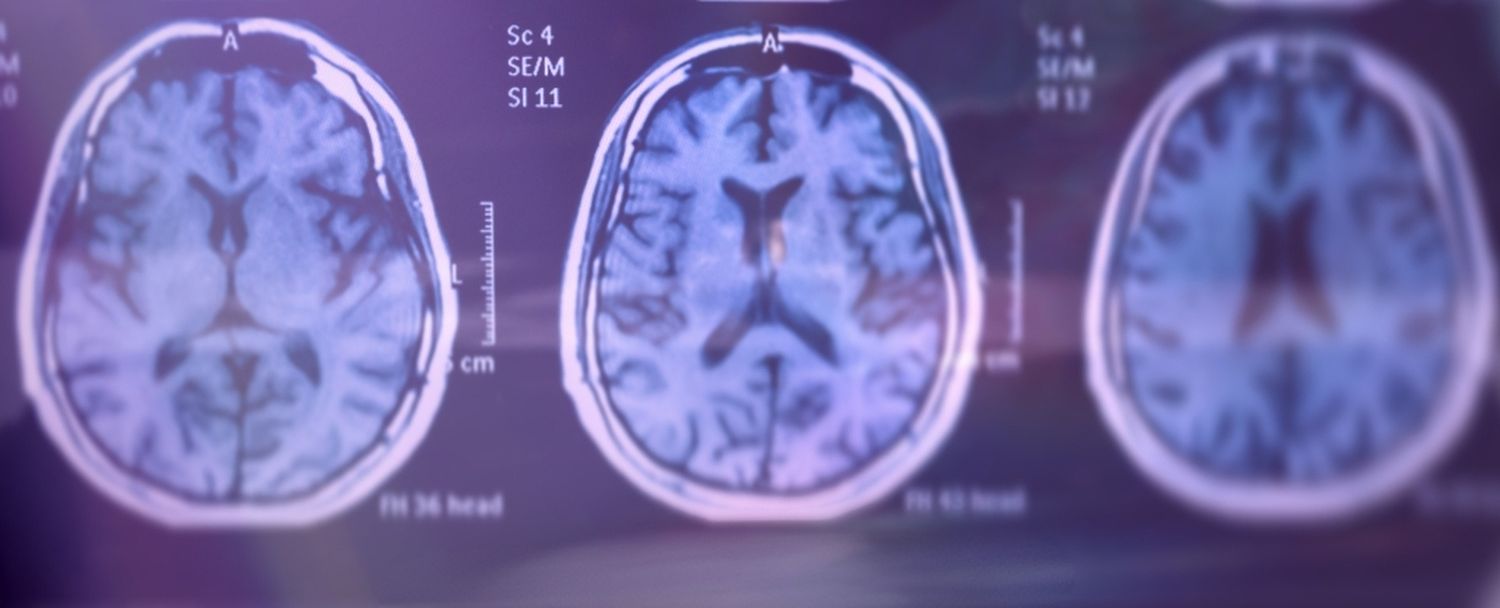Alzheimer Study
New Genetic Form of Alzheimer's Identified in People With Common Risk Factor
In a study published in the journal Nature Medicine, researchers have identified a new genetic form of Alzheimer's disease, primarily affecting individuals with two copies of the APOE4 gene. This discovery could redefine the understanding of Alzheimer's, particularly its late-onset forms, and has significant implications for diagnosis, treatment, and research.
Alzheimer's disease, a chronic neurodegenerative condition traditionally associated with memory loss and cognitive decline, has long been a puzzle to the medical community. While the disease predominantly affects older adults, the exact causes and mechanisms have remained elusive, with treatments largely focused on managing symptoms rather than addressing root causes.
The recent study, led by Dr. Juan Fortea at the Sant Pau Research Institute in Barcelona, Spain, suggests that individuals carrying two copies of the APOE4 gene variant are not just at higher risk but are almost certain to develop Alzheimer's disease. This form of the disease manifests symptoms approximately seven to ten years earlier than those observed in other older adults with Alzheimer's.
The APOE gene comes in several forms, but APOE4 has been the most associated with increased risk of Alzheimer's. Approximately 2% to 3% of the global population carries two copies of this gene variant, making them significantly more susceptible to developing the disease. The study's findings indicate that these individuals exhibit biological markers of Alzheimer's at a younger age, with nearly all showing significant amyloid plaque buildup in the brain by the age of 65.
This new classification of Alzheimer's as a genetic form due to APOE4 homozygosity marks a pivotal shift in how the disease could be approached. "For the first time, we can point to a direct genetic cause in a substantial number of late-onset Alzheimer's cases," explained Dr. Fortea. "This reclassification is not merely academic; it has profound implications for the development of targeted therapies and preventive measures."
The implications of these findings are vast. Currently, Alzheimer's treatments like the drug Leqembi, which targets amyloid plaques in the brain, have shown limited effectiveness and carry risks, especially for those with the APOE4 variant. Understanding that a significant portion of late-onset Alzheimer's cases can be traced to a genetic cause may lead to more effective, personalized treatments.
Moreover, this discovery stresses the importance of genetic testing in Alzheimer's diagnosis and treatment strategies. While genetic testing for Alzheimer's is not routinely recommended currently, this could change as treatments become more tailored to genetic profiles.
The study also highlights the need for a broader demographic inclusion in future research. Most of the current data is derived from populations of European descent, and further studies are necessary to determine if these findings are consistent across other ethnic groups, particularly because the APOE4 variant may confer different risks in different populations.
Critics of the study, such as Professor David Curtis from the UCL Genetics Institute, caution against overestimating the implications of these findings. "While the data are compelling, they do not fundamentally change our understanding of the disease's processes, which appear similar across different forms of Alzheimer's," he stated.
Despite these cautions, the research opens new avenues for understanding and potentially mitigating a disease that affects millions worldwide. As Alzheimer's research continues to evolve, this study provides a crucial piece of the puzzle, potentially leading to more effective prevention strategies and treatments for those most at risk.

